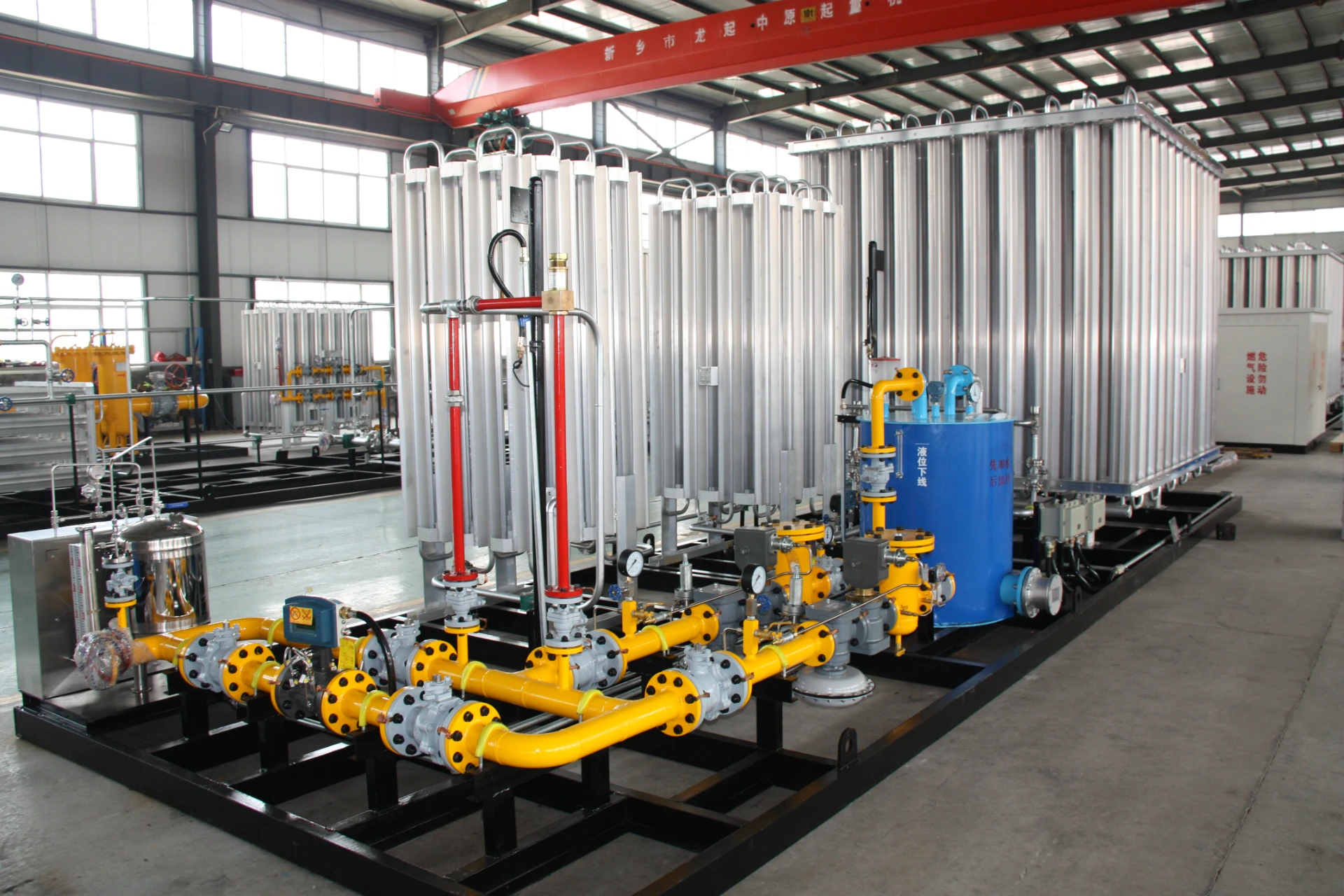
Dec . 12, 2024 09:12
Back to list
lng
Understanding LNG The Future of Clean Energy
Liquefied Natural Gas (LNG) has gained significant attention in recent years as a viable alternative to traditional fossil fuels. As the world grapples with the consequences of climate change, the demand for cleaner energy sources grows ever more critical. LNG, known for its lower carbon emissions compared to coal and oil, has emerged as a key player in the global energy landscape. This article explores the underlying principles of LNG, its benefits, and its role in the transition towards a sustainable energy future.
What is LNG?
Liquefied Natural Gas is natural gas that has been cooled to a liquid state at about -162 degrees Celsius (-260 degrees Fahrenheit). This process reduces its volume by approximately 600 times, making storage and transportation more efficient. LNG is primarily composed of methane, a colorless and odorless gas that can be sourced from various places, including natural gas fields, landfills, and even biogenic sources. The liquefaction process not only facilitates transport but also ensures a cleaner burning fuel that produces minimal emissions once utilized.
Environmental Benefits
One of the main advantages of LNG is its environmental benefits when compared to other fossil fuels. When burned, LNG emits significantly lower levels of greenhouse gases (GHGs) than coal and oil. According to various studies, switching from coal to natural gas for electricity generation can reduce GHG emissions by up to 50%. Furthermore, LNG is free of sulfur, which contributes to air pollution and acid rain, and produces virtually no particulate matter. As nations strive to meet their climate goals, LNG provides a bridge between heavy reliance on oil and coal and the ultimate transition to renewable energy sources.
Economic Significance
lng

The economic implications of LNG are profound. As countries move towards energy independence, the role of LNG becomes increasingly relevant. Countries rich in natural gas reserves, such as the United States, Australia, and Qatar, have seen significant economic benefits from LNG exports. This boom has created jobs, boosted local economies, and increased tax revenues. Moreover, LNG's role in stabilizing energy prices has been highlighted, especially in regions heavily reliant on energy imports.
In addition, LNG infrastructure development is a key investment area. Building new terminals for liquefaction and regasification provides a plethora of opportunities for businesses and stimulates economic growth. The construction of pipelines and storage facilities further bolsters the industry's landscape, promising robust returns in an era of growing energy demand.
A Transition to Renewables
While LNG presents numerous advantages, it is crucial to remember that it is still a fossil fuel. Long-term solutions to energy challenges necessitate a shift towards renewables, such as wind, solar, and hydro power. However, LNG can serve as a crucial transitional fuel. During this phase, LNG can replace more harmful energy sources and assist in the gradual integration of renewable energy into the energy grid.
For example, LNG can provide power during periods of low renewable output, ensuring grid stability and reliability. Moreover, advancements in carbon capture and storage (CCS) technologies can further enhance the sustainability of LNG use. The combination of LNG and renewables can pave the way to a resilient and clean energy future.
Conclusion
In summary, LNG stands at the forefront of the global energy transition. Its ability to reduce emissions, coupled with its economic potential, makes it an attractive option for nations seeking to balance energy needs with environmental obligations. However, it is essential to continue investing in renewable technologies and infrastructure to achieve a fully sustainable energy future. The path to cleaner energy is multifaceted, and LNG is a critical component of this journey, offering both immediate benefits and long-term solutions to some of the most pressing energy challenges of our time. As we navigate this complex landscape, the role of LNG is likely to evolve, helping guide the world towards a cleaner and more sustainable energy paradigm.
Next:
Latest news
-
Safety Valve Spring-Loaded Design Overpressure ProtectionNewsJul.25,2025
-
Precision Voltage Regulator AC5 Accuracy Grade PerformanceNewsJul.25,2025
-
Natural Gas Pressure Regulating Skid Industrial Pipeline ApplicationsNewsJul.25,2025
-
Natural Gas Filter Stainless Steel Mesh Element DesignNewsJul.25,2025
-
Gas Pressure Regulator Valve Direct-Acting Spring-Loaded DesignNewsJul.25,2025
-
Decompression Equipment Multi-Stage Heat Exchange System DesignNewsJul.25,2025

